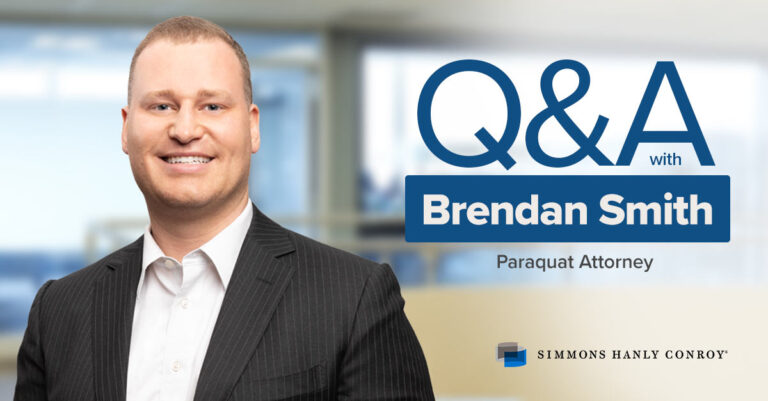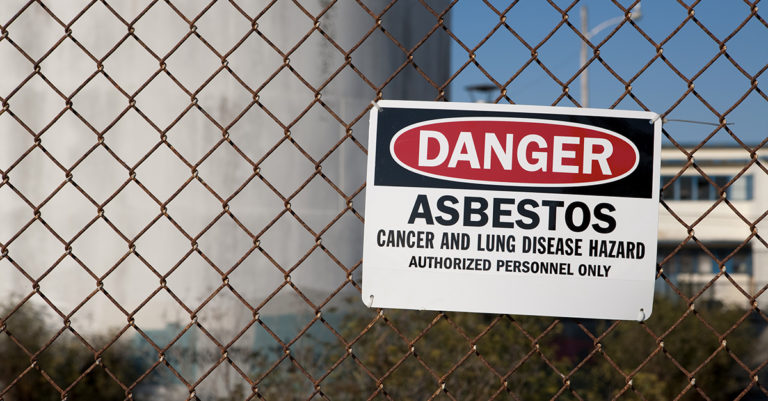
Everybody knows somebody whose life has been destroyed or ended by opioids.
These are children, nephews, neighbors, bosses, parents, professional athletes and music icons. Every story is a unique tragedy. While the sum total of the damage is impossible to calculate, there is no doubt that communities forced to bear the burden have been completely drained dry.
During this public health crisis, the horrific has been normalized. We’ve seen morgues overflowing, babies born addicted, and overburdened treatment centers turning people away.
Communities serving on the front lines of the opioid epidemic have a desperate need for resources now and for years to come.
Opioid MDL Offers Clear Path for Struggling Communities
The opioid epidemic did not happen by accident. Nobody thought opioids were “safe” and “non-addictive” until pharmaceutical companies launched a campaign of misinformation designed to drastically increase sales of these powerful drugs.
For the past several years, I have been helping local governments file lawsuits against the manufacturers and distributors that made billions of dollars flooding communities with pain pills. What started as a handful of local leaders looking for justice has become a multidistrict litigation (MDL) joined by more than 2,800 municipalities from across the country.
It’s an extraordinarily complex case that stretches back decades, yet the damage is swift and ongoing.
Each morning in America, the relatives of 130 people wake up to discover a loved one is dead from an overdose. The death toll is worse than HIV at its peak, and it continues to evolve.
In September, the judge overseeing the opioid MDL approved a first-of-its-kind “negotiating class” that includes all 34,000 county and municipal entities in the United States. This created a forward-looking, voluntary system that allows all parties to participate in settlement discussions through class representatives—whether or not they have filed an individual lawsuit.
Class members include any county, parish, city, town, village, borough, or other “incorporated place” that does not elect to opt out of the class by Friday, Nov. 22.
The Purpose of a Negotiating Class for Complex Opioid Litigation
The negotiating class represents local government entities with immediate needs. Every 911 call about an overdose triggers a chain of response that includes first responders, police, social workers and the courts. For many towns and cities, restoring these resources through an individual, uncertain and lengthy lawsuit is not a viable option.
The idea behind the negotiation class is to streamline the resolution of one of the largest and most complex litigations in U.S. history. The “innovative” negotiating class is designed to allow one cohesive group of local governments to negotiate a global settlement with the complex web of defendants named in opioid lawsuits.
Joining members together offers maximum negotiation power to recover money for desperately needed prevention and treatment services, and to ensure the defendants change their ways.
Class representatives and class counsel will represent the class. Entities that have not yet filed lawsuits and other “non-litigating” class members do not have to do anything further in order to be included. Still, they will have the ability to vote on any settlement proposal, and no settlement will be reached without the approval of 75 percent of the voting class members.
Because the structure of the class requires supermajority approval, local governments know that no settlement will be enforced without broad agreement. Additionally, because of the clear rules of the new negotiation class, these entities are already aware of the objective metrics used to allocate resources recovered through litigation.
For defendants, the negotiation class offers a unified entity with whom they can finally resolve the thousands of claims against them and eliminates the need to renegotiate settlements with local governments that have not yet filed.
No Good Reason for Opting Out of Negotiation Class
Some local governments who are not named as class representatives have considered opting out of the negotiation class. Their worry, as far as I can tell, is that they do not see themselves as having a seat at the table. By striking out on their own, some of these entities believe they will be able to secure a greater share of resources.
This makes no sense, even for communities that have already invested time and money in an opioid lawsuit of their own. I can appreciate the desire to get as much for their constituents as possible, but the logic behind opting out is misguided.
First of all, there is no risk that class representatives will fail to represent the needs of non-litigating members. They may apply to the court for reimbursement of expenses incurred from servicing as class representatives, but they are bound to negotiate the best possible settlement for all members, who also have a direct voice through clearly established voting rules.
Furthermore, cities and counties that have already invested time and money in their own opioid lawsuits may remain in the negotiation class. Nothing about class membership interferes with the rights of any federal or state court plaintiffs to proceed with their own cases.
Should they reach a settlement, or fail to by the time the negotiation class settles, these entities will be prevented from “double-dipping,” but there is no risk of losing out on compensation altogether.
As municipalities weigh their options about how to proceed, they shouldn’t let phantom fears prevent their participation in the negotiation class. There is simply too much at stake to divide ourselves at a time when we should be standing together.




